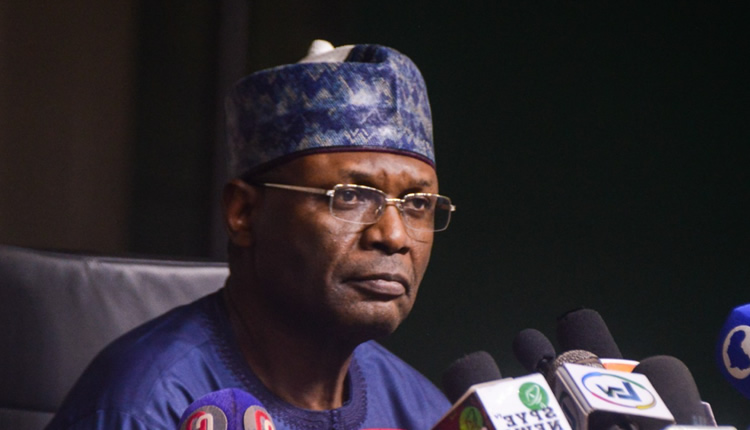
Its National Commissioner and Chairman, Information and Voter Education Committee, Sam Olumekun, disclosed this in a statement on Friday.
The report was released almost a year after the 2023 general elections.
Some Nigerians had expressed disappointment over the delayed uploads of the presidential election results to the INEC result viewing portal.
However, Olumekun said the election report was reviewed and approved for publication at the commission’s weekly meeting held on Thursday.
He noted that the publication was done in keeping with the commission’s tradition over the last four electoral cycles, and its commitment to transparency.
Olumekun said the “comprehensive 526-page document, structured into 13 chapters and enhanced with 60 tables, 14 boxes, and 10 graphs, offered an in-depth analysis of the election’s key processes, achievements, and challenges, along with valuable lessons learned.”
Giving more insights, the national commissioner stated “The report showcases the election’s unparalleled diversity in party representation, demonstrating significant democratic progress.
“This election saw four political parties winning gubernatorial races, seven parties winning senatorial seats, eight in federal constituencies, and nine in state legislatures, illustrating a broad shift in political representation across Nigeria.
“The report underscores the pivotal role of technological advancements, particularly the Bimodal Voter Accreditation System, in enhancing electoral integrity and reducing fraud.
“Furthermore, it addresses public concerns about the INEC Result Viewing portal, explaining the technical issues encountered during the upload of polling unit results for the presidential election.”
He added that other aspects covered in the report include logistics, security arrangements, staff recruitment and training, inclusivity measures, and the electoral framework,” he said.
Olumekun further stated that the commission would welcome feedback to inform future electoral reforms and improvements.





